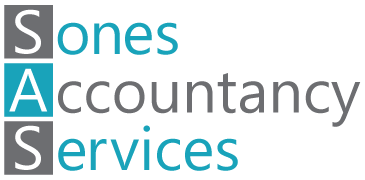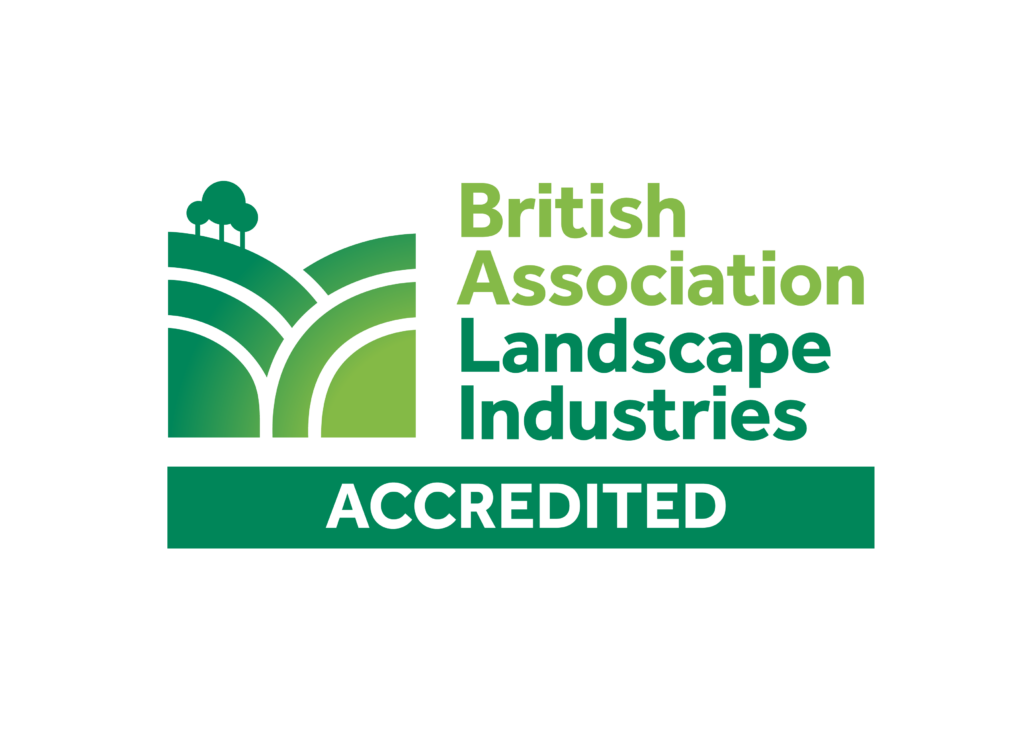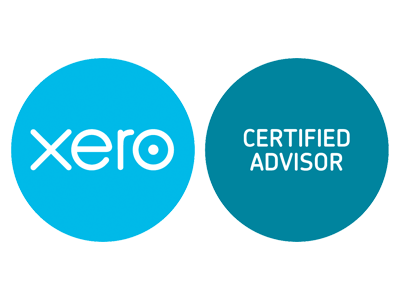Businesses vary in size and ownership and as such there is no ‘one size fits all’ approach to choosing the appropriate structure. There are various different ownership structures business owners can adopt when setting up, but this can be changed later on if necessary. It is an important decision to make as the type of structure chosen will determine the legal responsibilities, the taxes the business has to pay, how profits will be distributed, the personal liability the owners hold, and how the business is run.
The most common types of business ownership structures in the landscaping industry are:
- Sole trader
- Limited company
- Partnership
We will look at each type of business ownership structure to help you decide which is best for your business:
Sole trader
A sole trader is the simplest and most common form of business ownership. In this structure, a single individual owns and operates the business. The owner is personally responsible for all aspects of the business, including management, decision-making, and finances. They have complete control over the business and are entitled to all profits it generates. However, the owner also bears unlimited personal liability, which means their personal assets are at risk if the business incurs debts or legal issues. A sole trader structure is relatively easy and inexpensive to set up, with fewer regulatory requirements compared to other ownership types. This structure is well-suited for small businesses or individuals starting their entrepreneurial journey.
| Pros | Cons |
| Simple and easy to set up and operate. | Unlimited personal liability; the owner’s assets are at risk if the business incurs debts. |
| Complete control over business decisions. | Limited ability to raise capital compared to other ownership types. |
| All profits go to the owner. | Lack of continuity; the business may dissolve upon the owner’s death or retirement. |
| Fewer regulatory requirements and lower startup costs. |
Private Limited Company (Ltd.)
A private limited company is a separate legal entity from its owners (shareholders). It is formed by registering with the appropriate government authorities. Shareholders own the company by holding shares, and their liability is limited to the amount they invested in the business. This means their personal assets are generally protected from business debts. Private limited companies offer the advantage of raising capital more easily by issuing shares to investors. They are considered more credible and trustworthy in the eyes of customers and suppliers. However, they are subject to more complex legal and financial regulations and have increased reporting obligations. Private limited companies are suitable for businesses looking to expand, attract investors, or safeguard personal assets.
| Pros | Cons |
| Limited liability for shareholders; personal assets are generally protected from business debts. | More complex and costly to set up and maintain compared to sole proprietorships. |
| Easier to raise capital through issuing shares. | Stricter regulatory requirements and increased reporting obligations. |
| Perceived as more credible and trustworthy to customers and suppliers. | Shareholder interests and control may become diluted as more investors come on board. |
| Business continuity is not dependent on the shareholders’ status. |
Partnership
A partnership is a business structure where two or more individuals (partners) join together to carry out a business venture. Each partner contributes capital, skills, and expertise to the business and shares the profits and losses according to the agreed-upon partnership agreement. Partnerships can be either general partnerships or limited partnerships. In a general partnership, all partners have unlimited personal liability for the business’s debts. In a limited partnership, some partners (limited partners) have limited liability while others (general partners) retain unlimited liability. Partnerships are relatively easy to set up and provide a diverse pool of skills and resources from multiple partners. However, the risk of conflicts and disagreements among partners exists, and without a formal partnership agreement, the business may dissolve if one partner leaves or dies. Partnerships are suitable for businesses with multiple owners who want to pool their resources and expertise.
| Pros | Cons |
| Shared responsibilities and decision-making among partners. | Partners have unlimited personal liability for the business’s debts. |
| Easier to raise capital and share financial burdens compared to a sole proprietorship. | Potential for conflicts and disagreements among partners. |
| More diverse skills and expertise are available from multiple partners. | Partnerships may dissolve if one partner leaves or dies unless a formal partnership agreement is in place. |
When choosing a business ownership structure, it’s crucial to consider factors such as liability, control, capital requirements, and long-term goals. Each structure has its own advantages and disadvantages, so seeking professional advice and thoroughly understanding the legal and financial implications is essential for making an informed decision.








